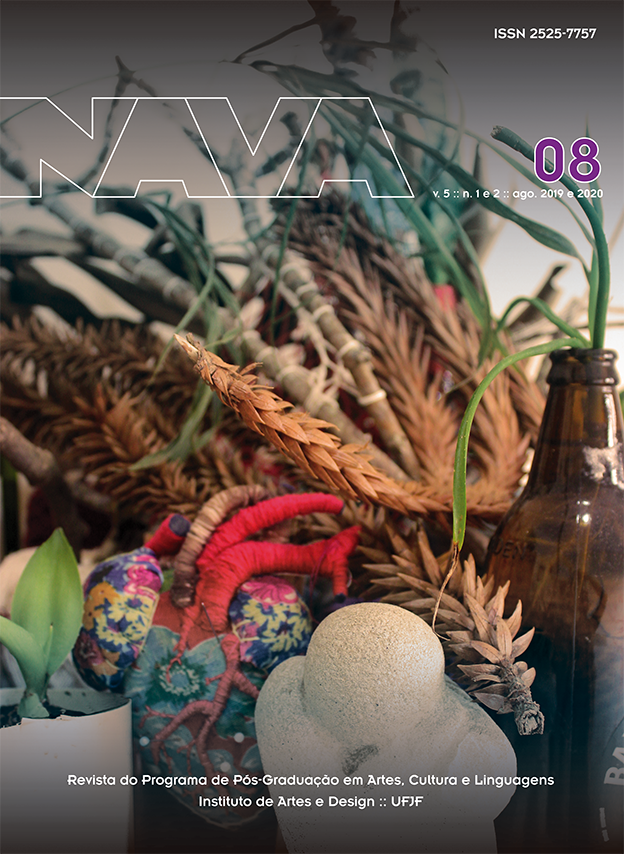Batuque: from resistance to concert music.
Alberto Nepomuceno's "Dança de Negros" and his view of the batuque.
DOI:
https://doi.org/10.34019/2525-7757.2020.v5.32695Keywords:
Batuque, Dança de Negros, Alberto Nepomuceno, Brazilian musicAbstract
Batuque rituals were developed in Brazil by slaves and Afro-descendants. In addition to a generic name to name religiosity, dances and rhythms of African origin, symbolic space, resistance against the persecutions and reproaches of the slave society, undermined by Catholicism, batuque is treated, in this article, as a manifestation that passes from the sacred the profane, entering the concert music. For this work we chose “Dança de Negros”, by the Ceará composer Alberto Nepomuceno, composed in 1887 and integrated into the “Brazilian Series” with the title “Batuque”, later. We will do an analysis of the piece and point out, according to our perspective, the influence of batuque in this work for piano
Downloads
Downloads
Published
Issue
Section
License
A Revista Nava adota a licença Creative Commons CC-BY.
Nossa política de direitos autorais garante aos autores a possibilidade de adaptar e partilhar o conteúdo publicado.
Os autores se mantém como detentores do copyright de seus trabalhos após a publicação.






